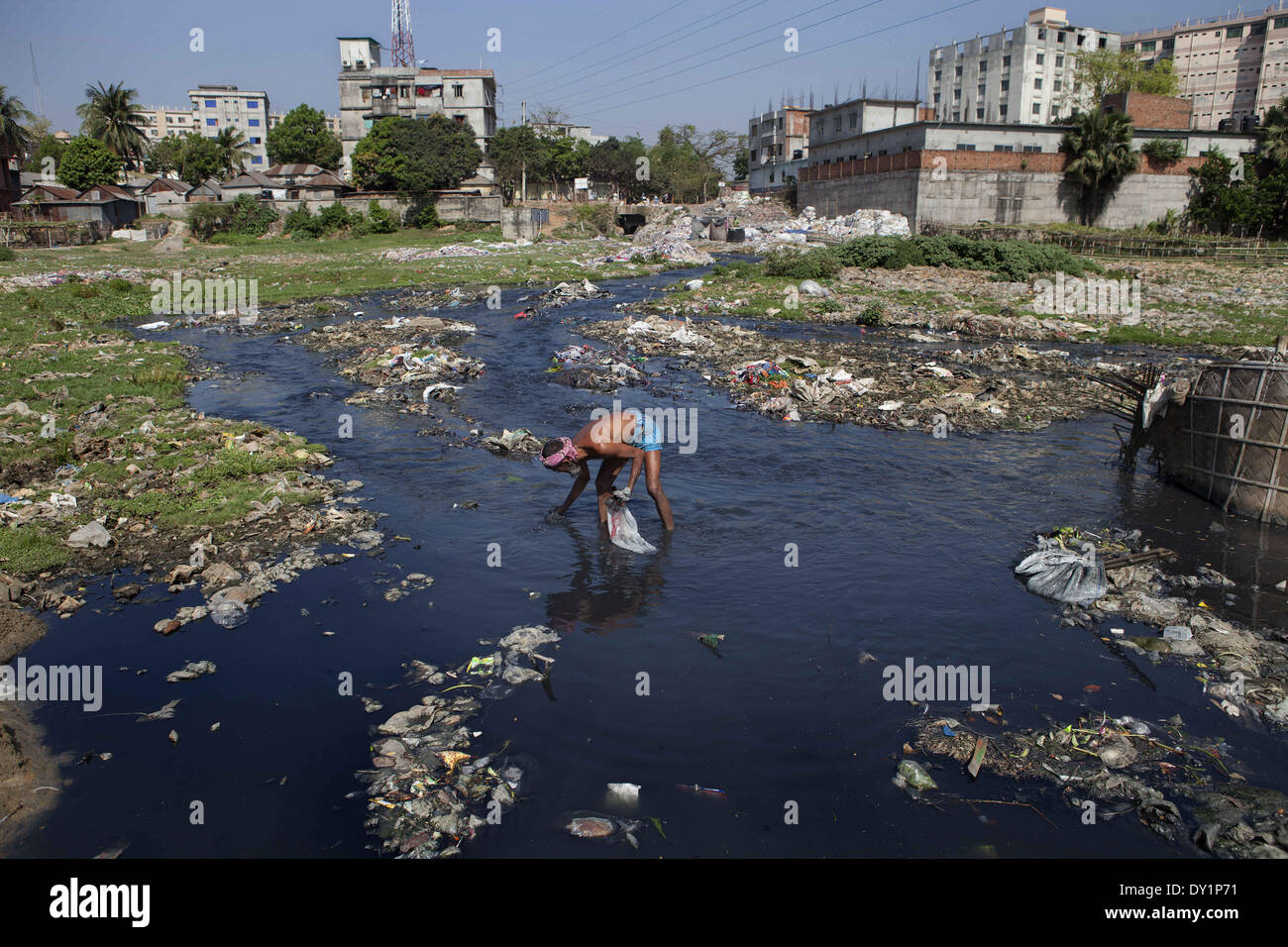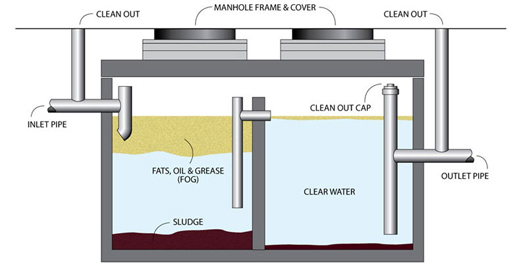Reputable Liquid Waste Disposal Melbourne: Safe and Effective Services
Reputable Liquid Waste Disposal Melbourne: Safe and Effective Services
Blog Article
Understanding the Comprehensive Refine of Liquid Garbage Disposal: Finest Practices and Environmental Effect Considerations
The administration of fluid waste disposal is a diverse problem that needs a thorough understanding of various ideal techniques and their linked environmental impacts. From the types of liquid waste produced to the approaches utilized for collection, treatment, and final disposal, each step plays an essential function in safeguarding communities and public wellness.
Sorts Of Liquid Waste
Comprehending the numerous kinds of fluid waste is important for reliable monitoring and disposal practices. Liquid waste can be generally classified right into numerous types, each requiring unique handling and treatment strategies.
Industrial fluid waste usually contains unsafe products, consisting of heavy steels, solvents, and chemicals, generated throughout manufacturing procedures. These wastes require stringent regulatory compliance to shield human health and the environment. Residential fluid waste mainly refers to wastewater created from households, including sewage and greywater, which, although less poisonous, can still present considerable threats if improperly handled.
Agricultural fluid waste, consisting of overflow from farms, often has plant foods and pesticides that can bring about environmental deterioration if not dealt with effectively. Medical liquid waste, generated from medical care centers, consists of contaminated liquids such as bodily fluids and chemicals, requiring specialized disposal techniques to avoid infection and ecological contamination.
Last but not least, oil and oil waste, commonly generated by restaurants and vehicle markets, can create extreme clogs in sewage system systems otherwise taken care of correctly. Recognizing these groups assists in targeted techniques for therapy, conformity with regulations, and reliable disposal methods, inevitably advertising ecological sustainability and public wellness security.

Collection Methods
Efficient collection approaches are vital for the appropriate administration of liquid waste, making sure that it is collected securely and successfully prior to treatment or disposal. Various strategies are utilized depending upon the sort of fluid waste generated, the volume, and the certain features of the waste.
One usual technique is using dedicated collection tanks or sumps, which are made to catch fluid waste at the source. These systems typically incorporate pumps that promote the transfer of waste to bigger storage containers or therapy facilities. Additionally, mobile collection systems furnished with vacuum technology are used in scenarios where waste is created intermittently or in hard-to-reach places.
For commercial settings, closed-loop systems can successfully lessen leakages and spills, allowing for the healing and reuse of fluid waste. It is also important to educate workers on appropriate collection protocols to minimize risks connected with unsafe compounds.
Furthermore, executing normal maintenance schedules for collection tools makes sure optimal efficiency and security. The assimilation of innovative surveillance systems can improve collection performance by supplying real-time information on waste levels and potential threats. Generally, effective collection techniques are foundational to sustainable fluid waste administration techniques.
Treatment Procedures
Therapy processes play a vital duty in the administration of liquid waste, changing possibly hazardous products into reusable resources or secure effluents - liquid waste disposal. These procedures can be extensively classified right into physical, chemical, and organic techniques, each tailored to deal with specific pollutants existing in the waste stream
Physical therapy methods, such as sedimentation and purification, work by eliminating suspended solids and particle issue. These strategies are usually the first action in the therapy chain, properly decreasing the load on succeeding procedures. Chemical treatments entail using reagents to neutralize dangerous substances, speed up heavy steels, or oxidize organic contaminants, therefore enhancing the safety of the effluent.
Organic therapy procedures, consisting of activated sludge systems and anaerobic food digestion, take advantage of on the natural abilities of microbes to weaken organic matter. These methods are specifically efficient for wastewater including biodegradable toxins. Advanced therapy modern technologies, such as membrane layer purification and advanced oxidation processes, are increasingly employed to achieve greater degrees of purification.
Including a mix of these therapy techniques not just guarantees conformity with regulatory standards yet likewise advertises ecological sustainability by recuperating useful sources from fluid waste.
Disposal Options
How can companies make sure the liable and safe disposal of fluid waste? Efficient disposal alternatives are critical for guarding public wellness and the atmosphere. The key methods consist of land incineration, disposal, and therapy complied with by discharge into municipal wastewater systems.
Land disposal check over here includes the cautious control of liquid waste in marked land fills, making certain that it does not leach into bordering dirt or water. Incineration, on the various other hand, subjects fluid waste to heats, transforming it into ash and gases, which need correct filtering to reduce discharges. This technique appropriates for contaminateds materials that can not be dealt with via typical ways.
In situations where liquid waste can be dealt with, companies may go with organic or chemical treatment procedures to reduce the effects of unsafe components before releasing the treated effluent right into municipal systems. This course usually lines up with regulative demands, guaranteeing that the effluent fulfills safety criteria.
Eventually, organizations must carry out extensive analyses of each disposal option to identify its feasibility, taking into consideration elements such as waste composition, regulative conformity, and prospective dangers to health and the environment. By selecting appropriate disposal methods, businesses can add to a responsible waste administration approach.
Ecological Influence
The environmental effect of liquid garbage disposal is a critical factor to consider for organizations looking for to reduce their eco-friendly impact. Incorrect disposal approaches can result in substantial contamination of water sources, soil deterioration, and adverse impacts on local ecological communities. As an example, dangerous liquids can seep right into groundwater, positioning dangers to alcohol consumption water products and marine life. Furthermore, the discharge of untreated or improperly treated waste into surface area waters can cause eutrophication, leading to oxygen deficiency and the succeeding death of fish and other microorganisms.

To alleviate these effects, organizations must adopt finest techniques such as carrying out rigorous waste therapy processes, advertising recycling and reuse, and adhering to regulatory criteria. By taking an aggressive approach to fluid waste administration, entities can substantially reduce their ecological impact while supporting sustainable growth goals. Inevitably, an extensive understanding of the environmental effects related to fluid garbage disposal is essential for educated decision-making and liable stewardship of natural deposits.
Verdict
Effective administration of fluid waste is vital for safeguarding ecological integrity Homepage and public health. Ultimately, a thorough understanding of liquid waste disposal not just mitigates environmental influences but additionally promotes a dedication to responsible resource management and ecological stewardship.
The management of liquid waste disposal is a multifaceted problem that needs a complete understanding of numerous ideal techniques and their associated environmental influences. From the kinds of liquid waste generated to the techniques utilized for collection, treatment, and last disposal, each action plays an important duty in securing communities and public health.The environmental influence of liquid waste disposal is a vital consideration for organizations seeking to minimize their environmental impact. Inevitably, a detailed understanding of the ecological impacts associated with liquid waste disposal is necessary for educated decision-making and responsible stewardship of natural resources.
Ultimately, an extensive understanding of liquid waste disposal not only reduces ecological influences but also fosters a commitment to responsible resource monitoring and ecological stewardship.
Report this page